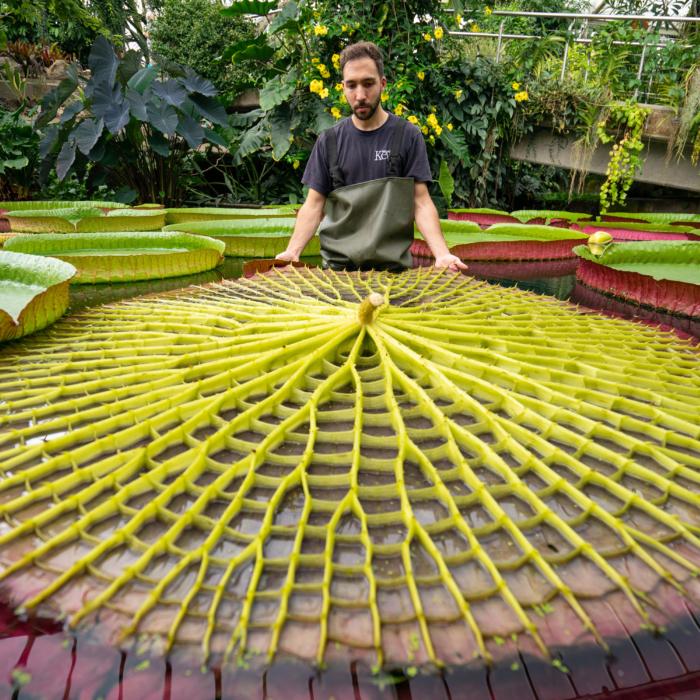But the decision has been met with widespread opposition from eco-campaigners, who believe the use of glyphosate—the active ingredient in most weedkillers—harms the city’s ecosystem.
The council had stopped using weedkillers in all the city’s parks, open spaces, pavements, verges and housing land.
But on Tuesday, councillors voted to reverse the five-year ban and use a “controlled-droplet application of glyphosate to manage and remove weeds from hard surfaces.”
The approved method involves mixing the herbicide with an oil that helps it stick to the weeds.
Out of Control
Since the ban was introduced five years ago, residents of Brighton and Hove have raised concerns about the accessibility the city’s pavements and streets.Weed infestation has been making the streets inaccessible to wheelchair users, parents and carers with buggies and those with visual or mobility impairments.
“After five years, the problem is now out of control and many pavements present serious safety and accessibility problems for our residents,” said councillor Tim Rowkins.
Mr. Rowkins, who is also the chair of the City Environment, South Downs & The Sea Committee, added that the controlled-droplet application method will only be applied to visible weeds on roads and pavements.
The streets that are managed by residents or community groups will require little to no treatment.
“Once the problem is back under control, we will reduce the use of glyphosate to the lowest level possible. We will of course keep this under review and explore any viable alternatives should they become available.
“For now, this new approach will mean our streets will be safer and our city will look all the better for it,” Mr. Rowkins said in a statement.
Labour councillor Anne Pissaridou, described the local authority in 2019 as the “key driver in making a ban happen,” had vowed to replace the use of glyphosate with new technologies, including hot foam and infra-red technology.
Opposition
Brighton & Hove City Council plans to begin using weedkillers on hard surfaces this spring.The petition, started two years ago, said that chemical fertilisers and herbicides endanger Brighton’s population of starlings.
It called for an “outright ban” on chemicals and worming treatments across the entire city biosphere reserve.
Speaking to Mr. Rowkins outside the city hall, protesters called on the councillor to allow community groups and residents to clear the weeds from the streets and avoid using glyphosate.
“It is incredibly disappointing to see Brighton & Hove Council take this huge step backwards,” said Josie Cohen, a local resident, who works for PAN UK.
The council argued that by using the controlled-droplet application method, it offers a “sensible middle ground” that will balance the need for safe and accessible streets with protecting the city’s biodiversity.







